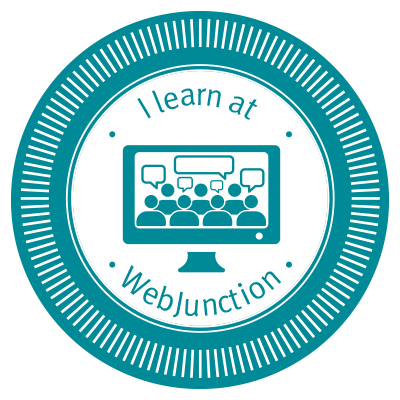Supervisor Success: Development Programs That Work
This online symposium is offered in collaboration with ALA's Learning Round Table and will focus on the development of supervisors in libraries.
This event has passed.
As our profession transforms and our work changes, nurturing skillful and competent supervisors has become a priority for all types of libraries. Rising to the challenge, many people are creating and offering learning and development programs in their libraries. Whether we hire outside consultants or create in-house programs, we could all benefit from knowing the best practices. Let’s learn together about the most effective and low-cost options for supervisor development programs, and how to strategically promote implementation of those programs in our organizations. And let’s explore how we might motivate our supervisors to fully benefit from their learning.
If you are interested in developing supervisor training programs for your library, get this one-day, free symposium on your calendar! This online event will bring together some of the most effective practices for supporting supervisor development. You’ll hear from a variety of different libraries about their programs so that you can begin thinking about offering your own.
This symposium was hosted in collaboration with ALA's Learning Round Table.
Session 1: Creating Awesome Supervisor Training: Best Practices and Techniques from the Library Field Why is supervisor development so important in libraries? What are the best practices and techniques being used right now? Learn from a select group of consultants, trainers, and training coordinators about how they have addressed these questions! This session will explore best practices for providing supervisor training in libraries. You’ll learn about effective road-tested delivery methods and strategies to help you discover those most appropriate for your library or consortium members. Presenter: Jerilyn Veldof, University of Minnesota |
Session 1: viewing archive
Session 2: Building on Successful Examples: Exploring Programs that Work Learn by example as we hear about successful programs implemented in a variety of library settings. We’ll explore several examples to identify successful models, the underlying drivers or needs, challenges faced, and opportunities for improvement in each. We’ll also learn about how specific organizations have assessed supervisor training outcomes, and the metrics used to quantify success. Finally, hear what these library organizations would do differently if they had to do it all again. Presenters: Heather Sostrom, Northeast Florida Library Information Network (NEFLIN); and Melanie Hawks, J. Willard Marriott Library, University of Utah
|
Session 2: viewing archive
Session 3: Rolling it Out: Strategies for Success Position your library’s supervisor development program to be successful and viable for the long-term. This session will explore the key strategies that guide your success, including making clear to all levels of staff the connection between supervisor development and your library’s organizational and staff goals and priorities, and tying curriculum to performance needs and competencies. It also means devising clear, doable roles for both supervisors and their managers, and creating systemic processes that keep it alive and relevant. You’ll also get tips for creating a marketing campaign that will motivate, encourage and inspire! Presenters: Sandra Smith, Denver Public Library; and Angela Ibrahim, Pikes Peak Library District |
Session 3: viewing archive
Related Resources and Links
- Learner Guide for this symposium, use alone or with others to extend your learning.
- Combined Slides (pdf - all 3 sessions. See individual decks below)
- Learning Round Table
- SURVEY: Putting Symposium Learning into Action (are you interested?)
- Creating the One-Shot Library Workshop: A Step-by-Step Guide, by Jerilyn Veldof
- Input from the Experts (handout)
- Understanding Your Learners (handout session 1)
- The truth about managing people, by Stephen P Robbins
- Marketing Tips: Get Them Engaged (handout session 3)
- Verbiage: Strategic, ROI and Marketing (handout session 3)
- On WebJunction, Create & Deliver Training and Manage Staff Training
- WebJunction Competencies
- WebJunction webinar, Self-Directed Achievement: if you give library staff an hour
Date
31 March 2016
Time
1:00 PM – 4:30 PM
Eastern Daylight Time, North America [UTC -4]
Venue
Webinar


Upcoming Events
14 October 2025
Lower the Stress and Increase the Effectiveness of Your Social Media
28 October 2025
10 Things Every Library Friend or Trustee Should Know
18 November 2025
Big impact, small budget: After-school ideas that cost next to nothing
09 December 2025
Navigating new building projects
08 January 2026
